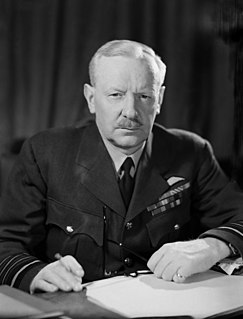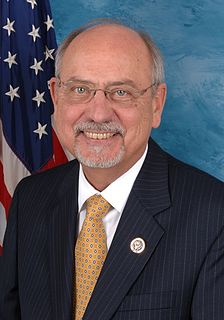A Quote by Sir Arthur Harris, 1st Baronet
Attacks on cities are strategically justified in so far as they tend to shorten the war and so preserve the lives of allied soldiers.
Related Quotes
As far as I know, the question of whether and how it could be strategically or morally justified was never the subject of open debate in Germany after 1945, no doubt mainly because a nation which had murdered and worked to death millions of people in its camps could hardly call on the victorious powers to explain the military and political logic that dictated the destruction of the German cities.
Our national fondness for celebrating the physical heroism of soldiers - the apparent readiness with which they sacrifice their lives to larger causes - eclipses the far less romantic displays of moral and intellectual fortitude that also distinguish so many of them. In turning them all into heroes, we have lost a sense of the individuality they also fight to preserve.
We have learned that terrorist attacks are not caused by the use of strength; they are invited by the perception of weakness. And the surest way to avoid attacks on our own people is to engage the enemy where he lives and plans. We are fighting that enemy in Iraq and Afghanistan today so that we do not meet him again on our own streets, in our own cities.
My father was killed by a German mine, while I lost other relatives in Allied bombing attacks. The Second World War claimed tens of millions of victims. For some the most terrible aspect of it was the deportations, while for others it was the leveling bombings or the mass deaths by starvation and cold.
What should we do? We have no wish to interrupt the destroyer's work of saving lives... But war is war and the people being picked up out of the water are soldiers bound for the front; soldiers who are to shoot at our German brothers... The question whether we are to perish in despair or defiance, or survive all trails with a live conscience, depends wholly and solely on whether we believe in the forgiveness of sins. This 25th January was the turning point in my life, because it opened my eyes to the utter impossibility of a moral universe.
Fifty percent of the world's population lives in cities. In a couple of decades, 70 percent of the world's population will be living in cities. Cities are where the problem is. Cities are where the solution is, where creativity exists to address the challenges and where they have most impact. This is why, in 2005, the C40 was founded, an organization of cities that address climate change. It started with 18 cities; now it's 91. Cities simply are the key to saving the planet.
Everyone sees drama from his own perspective. My father was killed by a German mine, while I lost other relatives in Allied bombing attacks. The Second World War claimed tens of millions of victims. For some the most terrible aspect of it was the deportations, while for others it was the leveling bombings or the mass deaths by starvation and cold.
When we send our young men and women into harm's way, we have a solemn obligation not to fudge the numbers or shade the truth about why they're going, to care for their families while they're gone, to tend to the soldiers upon their return, and to never ever go to war without enough troops to win the war, secure the peace, and earn the respect of the world.
If the tradition which claims that war may be justified does not also admit that it could be unjustified, the affirmation is not morally serious. A Christian who prepares the case for a justified war without being equally prepared for hte negative case has not soberly weighted the prima facie presumption that any violence is wrong until the case for an exception has been made.



































